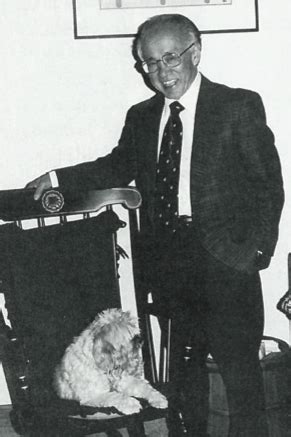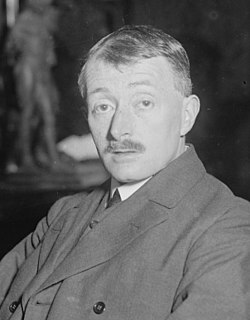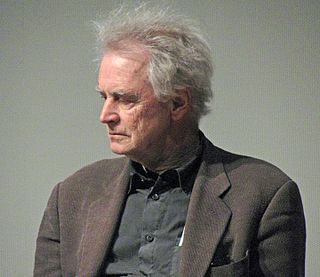A Quote by Frederick Lenz
If I ever write an autobiography about teaching meditation in the West, I'll call it "Pissing In the Wind - Teaching Buddhism in America".
Related Quotes
The purpose of studying Buddhism is not to study Buddhism, but to study ourselves. That is why we have teaching. But the teaching is not ourselves. It is some explanation of ourselves. To study the teaching is to know yourselves. That is why we do not ever attach to the teaching, or to the teacher. The moment you meet a teacher you should leave the teacher, and you should be independent. You want a teacher so that you can be independent. So you study yourselves. You have the teacher for yourselves, not for the teacher.
Hinduism threw away Buddhism after taking its sap. The attempt of all the Southern Acharyas was to effect a reconciliation between the two. Shankaracharya's teaching shows the influence of Buddhism. His disciples perverted his teaching and carried it to such an extreme point that some of the later reformers were right in calling the Acharya's followers "crypto-buddhists".
Dharma has several connotations in South Asian religions, but in Buddhism it has two basic, interrelated meanings: dharma as 'teaching' as found in the expression Buddha Dharma, and dharma as 'reality-as-is' (abhigama-dharma). The teaching is a verbal expression of reality-as-is that consists of two aspects-the subject that realizes and the object that is realized. Together they constitute 'reality-as-is;' if either aspect is lacking, it is not reality-as-is. This sense of dharma or reality-as-is is also called suchness (tathata) or thatness (tattva) in Buddhism.
I earn my living by teaching film, mostly filmmaking but also teaching courses on current cinema. I'm interested in movies. I hope that's not all I'm interested in. In that sense, it's maybe a little misleading. I don't expect to make another movie about films, but I may continue to write about them.
I started teaching in '76 and I'd been a photographer at the Geographic for six years. But prior to being at the Geographic I was a teacher. Plus my parents were teachers and my brother and my grandparents. So it was the culture of our family to think about teaching, to talk about teaching, to talk about teachers.
Be light-hearted, light-footed. Be of light step. Don't carry religion like a burden. And don't expect religion to be a teaching; it is not. It is certainly a discipline, but not a teaching at all. Teaching has to be imposed upon you from the outside and teaching can only reach to your mind, never to your heart, and never, never to the very center of your being. Teaching remains intellectual. It is an answer to human curiosity, and curiosity is not a true search.


































